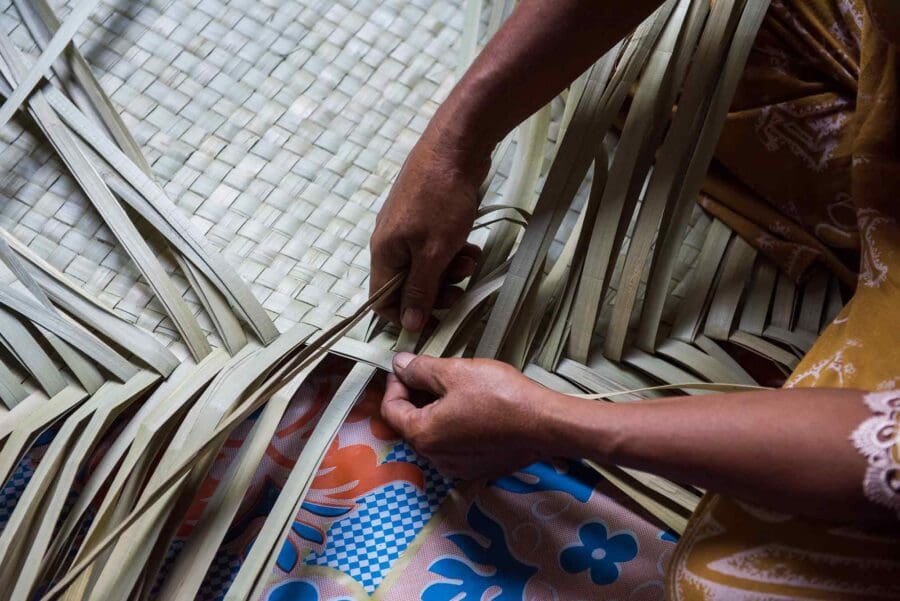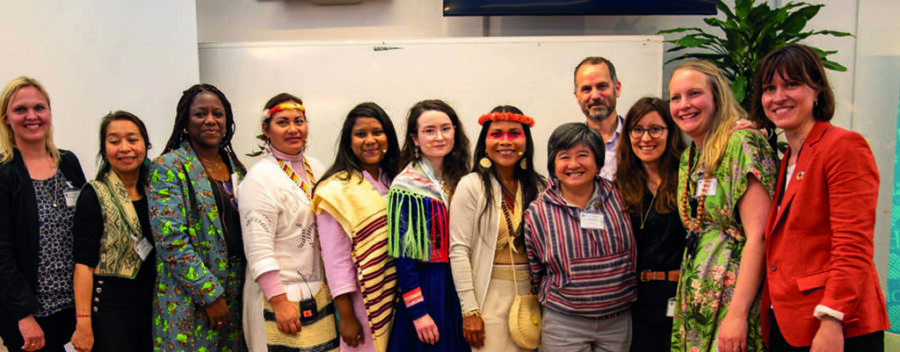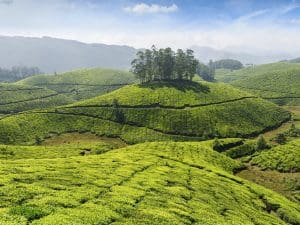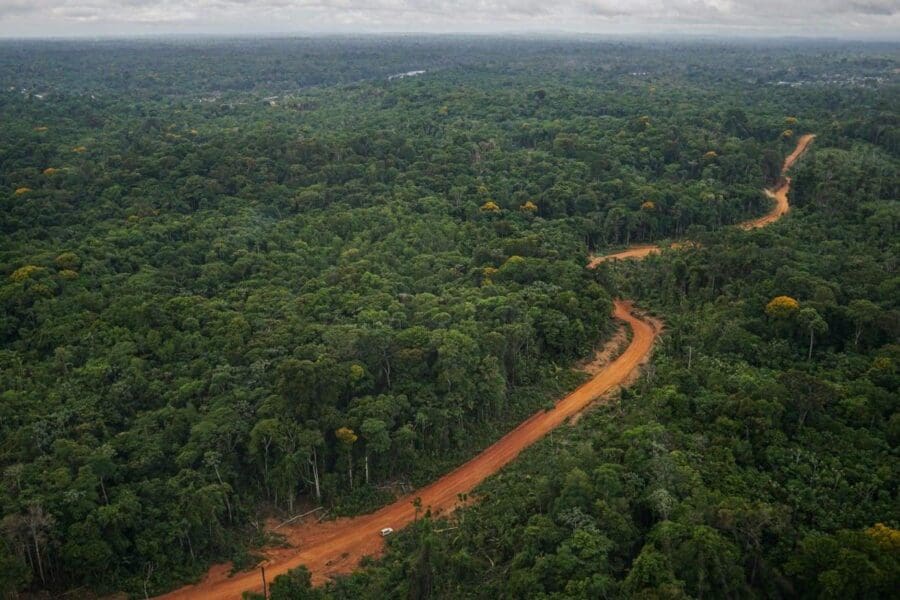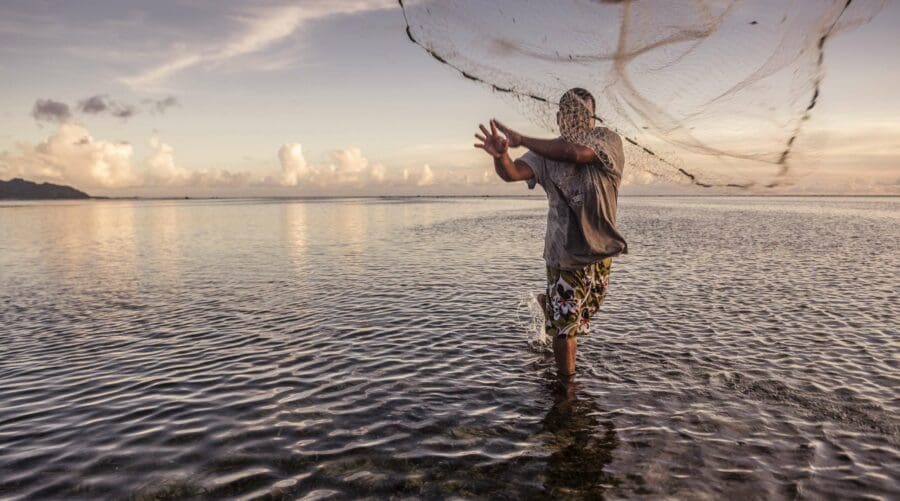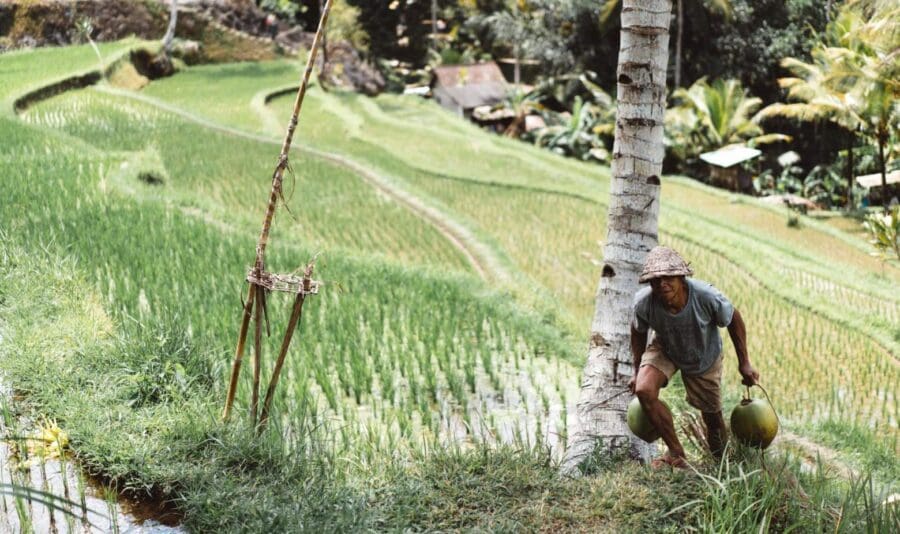The Stockholm+50 associated event aimed to highlight the role and importance of Indigenous peoples and local communities in safeguarding the world’s forests, ecosystems, and biodiversity. The event was one of three collaborative events held on June 1st at Sida ahead ofStockholm+50, co-arranged by Sida, The Tenure Facility, SwedBio, The Rights and Resource Initiative, and the Focali – SIANI Dialogue Forum.

In Kenya, the Ogiek of Mt. Elgon are a community on the frontlines of forest conservation
Rights and Resources Initiative (RRI) and the Chepkitale Indigenous Peoples' Development Project (CIPDP) organized a site visit to Chepkitale to learn from the Ogiek of Mt. Elgon and shine light on the transformative role of community-led conservation in protecting Kenya's biodiversity-rich forests.

In Liberia, civil society sees challenges and opportunities in the nascent palm oil industry
When members of the Indonesia-based AsM Law Office landed in Monrovia, Liberia this June, they had a two-fold agenda for their two week exchange with leaders of Liberian civil society.

RRI Declaration of Solidarity with the Indigenous rights movement in Ecuador
Rights and Resources Initiative expresses its solidarity with the leaders of the Indigenous rights movement in Ecuador who are being criminalized for exercising their legitimate right to mobilize and defend their human rights.

Can Liberia’s Land Rights Law improve community women’s livelihoods?
Long-time RRI collaborator Social Entrepreneurs for Sustainable Development (SESDev) examines how Liberia’s Land Rights Law has impacted women’s land rights and livelihoods since 2018.
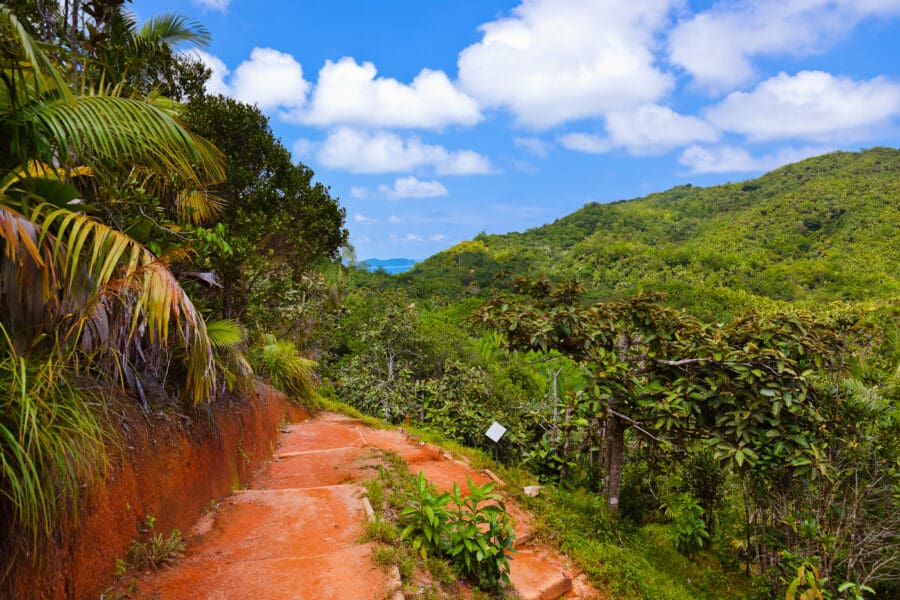
New research says 44% of Earth’s land area—inhabited by 1.8 billion people—needs conservation to save biodiversity
A new study led by biologists at University of Amsterdam shows that the minimum land area requiring urgent conservation attention to safeguard Earth’s biodiversity is 64 million square km, equalling 44% of the planet’s terrestrial area.
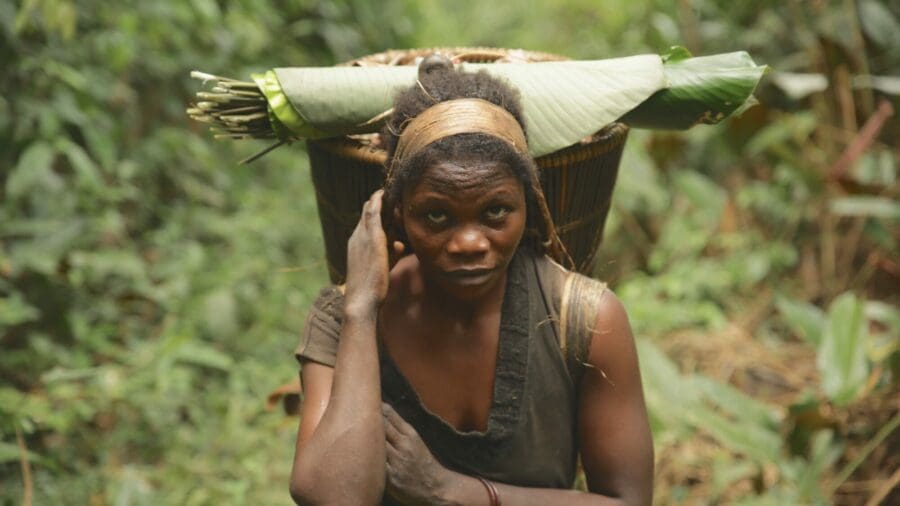
DRC Senate adopts new law on the promotion and protection of the rights of the Indigenous pygmy peoples
The Democratic Republic of the Congo’s Senate took a big leap forward on June 10, 2022 in recognizing the customary rights of its Indigenous population by adopting a new law on the Promotion and Protection of the Rights of the Indigenous Pygmy Peoples.
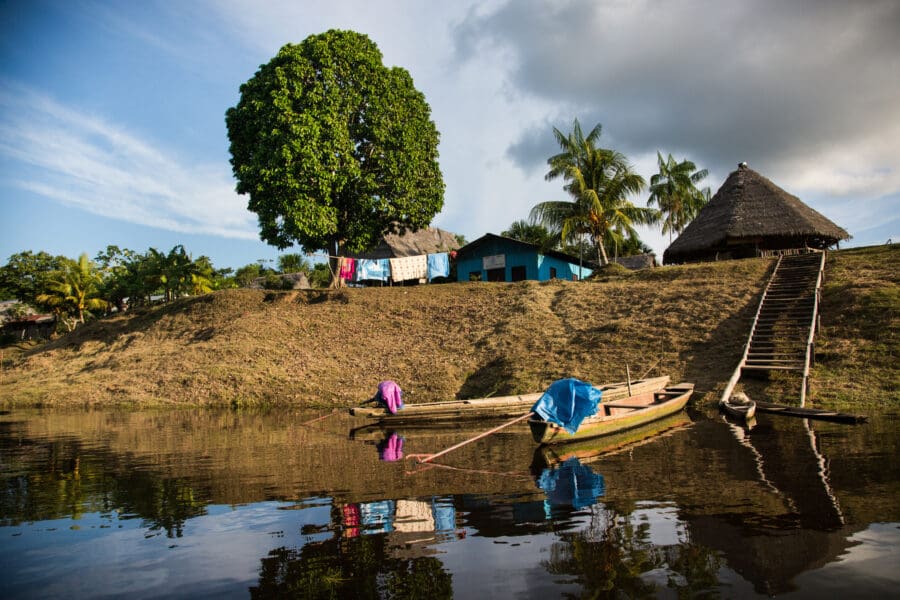
Environmental management is in crisis – Secure rights and community governance can help
Global trade, consumption, population growth, and urbanization drive transformations that, in part, drive nature’s destruction. The World Economic Forum ranks biodiversity loss as a global top-five risk. Clearly, protecting the environment should be high on political and policy agendas—but too often environmental governance is weak and policy implementation neglected.
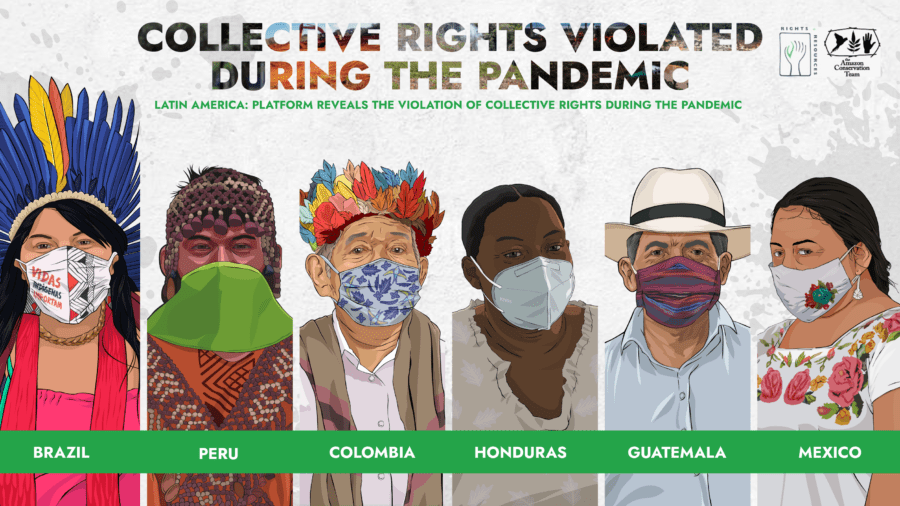
Over 1,900 Native communities impacted by extractive and infrastructure projects during the pandemic
Platform reveals the multidimensional impact of extractive and infrastructure projects in six Latin American countries during the first two years of the pandemic. Peru and Colombia are the countries with the most affected communities.

Effective implementation of the Forest Rights Act can help India secure a just and sustainable pathway to climate change mitigation and adaptation, new study says
India is among the top ten countries most vulnerable to climate change. A new study finds that the Forest Rights Act is an effective tool to enable rights-based and gender-responsive approaches to climate action and can legally empower forest dwellers to manage and govern nearly 40 million hectares of the country's forests.
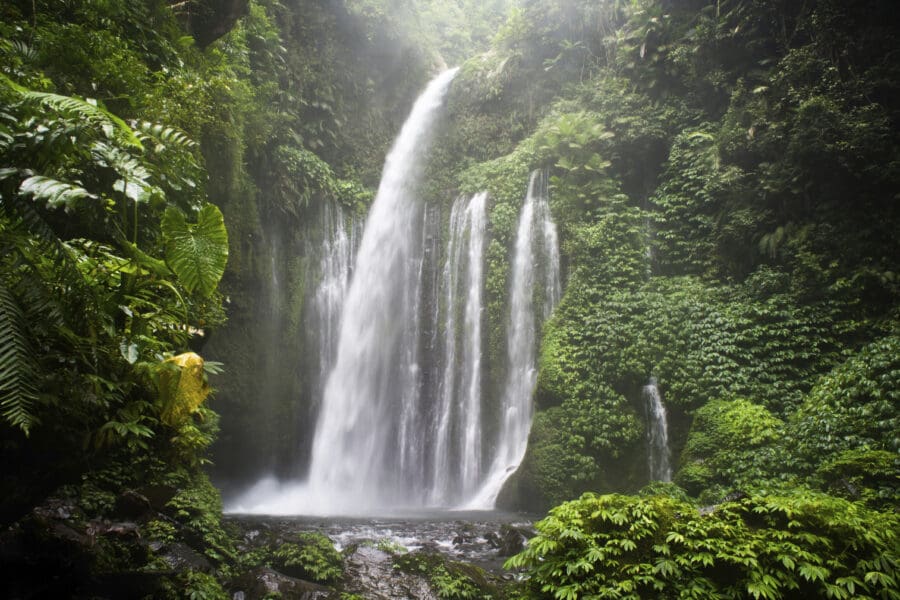
RRI welcomes support from philanthropist MacKenzie Scott
We are delighted to share that Rights and Resources Initiative (RRI) has received an unrestricted grant of USD 15 million from Philanthropist MacKenzie Scott to support the recognition of land and resource rights of Indigenous Peoples, Afro-descendant Peoples and local communities across the world – including the women within these groups.
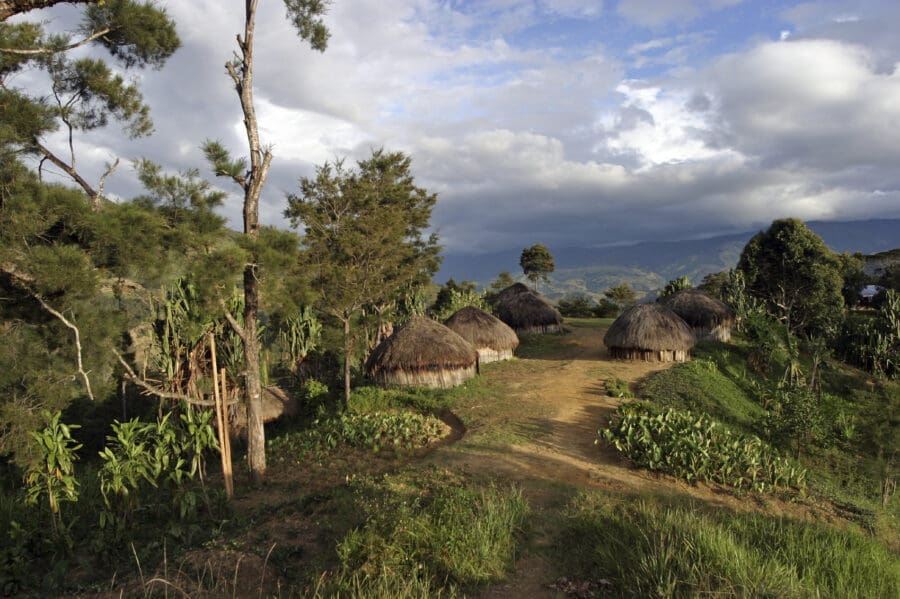
Carbon markets could protect nature and the planet, but only if the rights of those who live there are recognized too
The increased interest in carbon markets comes with a number of risks. Many forest carbon offsetting schemes are located in lands historically claimed, inhabited, and used by Indigenous Peoples and local communities but oftentimes the rights of these communities have not been secured, putting their well-being at risk — and threatening the future of carbon markets.

